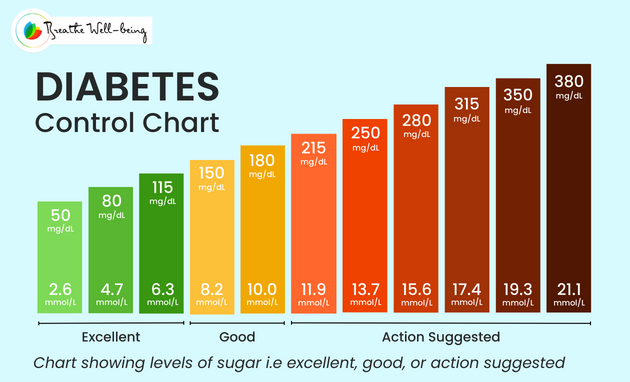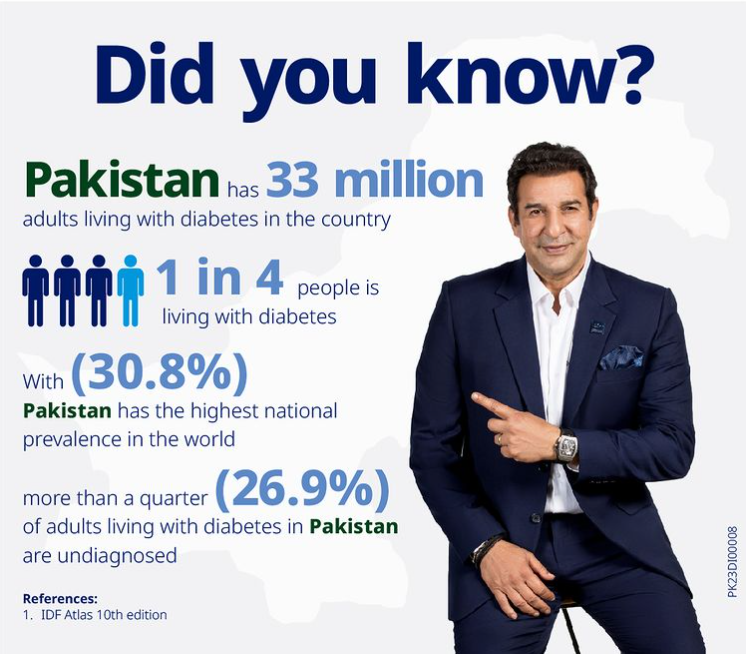Pakistan has recently gained attention for its alarming health statistics, particularly its standing as the third-largest country globally in terms of diabetes prevalence. With a staggering 33 million individuals living with diabetes, this South Asian nation faces a significant public health challenge that demands immediate attention and intervention.
From the perspective of a medical family physician based in Lahore, it is crucial to understand the underlying factors contributing to this high diabetes burden and the potential strategies for mitigating its impact.
Understanding the Modifiable Risk Factors
Diabetes, a chronic condition characterized by elevated blood sugar levels, is influenced by various modifiable risk factors. These factors include lifestyle choices such as diet and physical activity levels. In Pakistan, the consumption of ultra-processed food and beverages, which are often high in sugar, salt, and trans-fats, plays a critical role in exacerbating the diabetes epidemic. Research suggests that increasing taxes on these products can effectively reduce their consumption and subsequently lower the risk of diabetes and other related health complications.
Why Should We Be Concerned?
Diabetes is not just a single disease but a complex condition that can lead to severe health consequences if left unmanaged. Individuals with diabetes are at higher risk for cardiovascular diseases, kidney failure, nerve damage, and even blindness. Therefore, addressing the modifiable risk factors is essential not only for preventing diabetes but also for reducing the overall burden of chronic diseases in Pakistan.
The Role of Lifestyle Modifications
As a family physician, promoting healthy lifestyle modifications is at the forefront of managing and preventing diabetes. Encouraging patients to adopt a balanced diet rich in fruits, vegetables, and whole grains while limiting the intake of processed foods is paramount. Physical activity also plays a crucial role in diabetes management by improving insulin sensitivity and maintaining healthy body weight.
Challenges Faced in Pakistan
In Pakistan, access to healthcare services and diabetes management resources remains a significant challenge, particularly in rural and underserved areas. Limited awareness about diabetes prevention and management further complicates efforts to curb the disease’s progression.
The Way Forward
To combat the diabetes epidemic effectively, a multifaceted approach is necessary. This includes:
- Health Education: Increasing public awareness about diabetes risk factors, symptoms, and preventive measures.
- Policy Interventions: Implementing policies that promote healthy eating, physical activity, and reduce the consumption of unhealthy foods.
- Healthcare Infrastructure: Strengthening healthcare infrastructure to ensure access to diabetes screening, diagnosis, and treatment services across all regions of Pakistan.
Consulting a Family Physician
If you or your loved ones are at risk for diabetes or already living with the condition, consulting a family physician in Lahore or your local area is crucial. A family physician can provide personalized guidance on diabetes prevention, management strategies, and help navigate the complexities of living with this chronic condition.
In conclusion, addressing the diabetes epidemic in Pakistan requires a collaborative effort from healthcare professionals, policymakers, and the community at large. By focusing on modifiable risk factors and promoting healthy lifestyle choices, we can work towards a healthier future for all Pakistanis.




